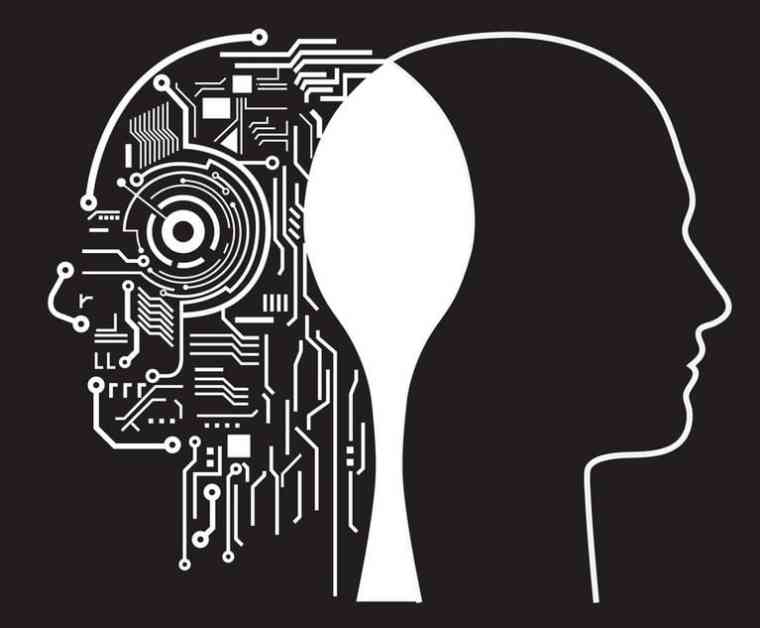In late 2022, there was a significant surge in the sophistication and capabilities of generative artificial intelligence tools, which has had a profound impact on the legal industry. These AI tools have continued to evolve and improve, making them more powerful and applicable to various legal tasks. As a result, their influence on existing laws and legal processes has become more pronounced.
One of the key advancements in AI technology that has contributed to this evolution is the development of GPT technologies. These tools have the ability to generate human-like text and have been widely adopted in the legal sector for various tasks such as drafting contracts, conducting legal research, and analyzing case law. The use of GPT technologies has not only improved the efficiency and accuracy of these tasks but has also raised important questions about the role of AI in shaping legal outcomes.
In addition to GPT technologies, there has been a growing interest in AI-powered art generation tools within the legal community. These tools have the capability to create visual representations of data and have been utilized in tasks such as creating visualizations for court presentations, designing infographics for legal documents, and even generating art pieces related to legal cases. The integration of art generation tools in legal practice has opened up new possibilities for creative expression and communication within the legal field.
As these generative AI tools continue to advance, it is crucial for legal professionals to stay informed about the latest developments and understand the potential implications for their work. The increasing reliance on AI in legal practice raises important ethical and regulatory considerations that need to be addressed to ensure the fair and responsible use of these technologies.
Overall, the evolving landscape of AI models in the legal industry is reshaping the way legal professionals approach their work and interact with existing legal systems. By staying abreast of these changes and actively engaging with AI technologies, legal professionals can leverage the power of AI to enhance their practice and better serve their clients. It is clear that the impact of evolving AI models on legal systems will continue to be a topic of interest and discussion in the years to come.















